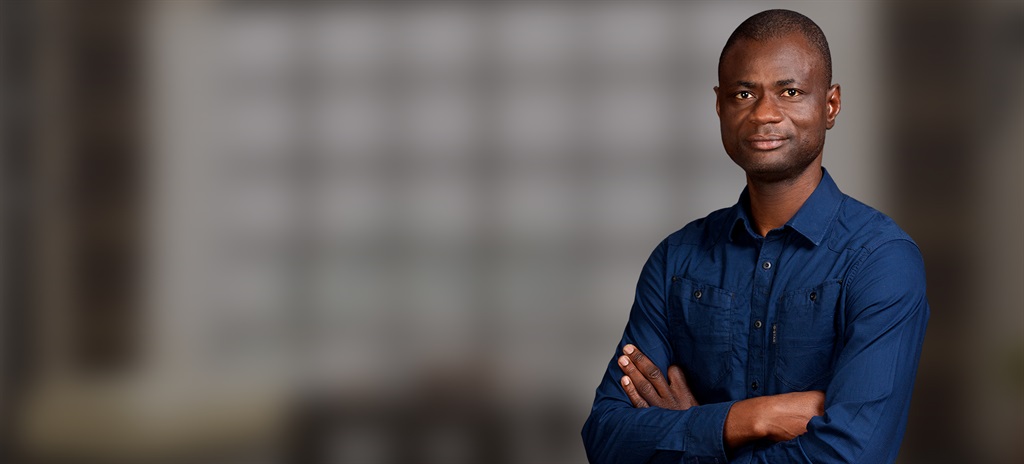
Alex Moussa Sawadogo takes African film seriously. Soon after we meet in the media room at the Durban International Film Festival, we find ourselves huddled on a couch, deep in conversation about his favourite subject, his earnest French filling the room.
Born in Burkino Faso and based in Berlin, he is the curator of the German Film Focus here in Durban. But in Germany, he’s the director of the African film festival Afrikamera. In explaining the continent’s films to the world, he has gained valuable insights.
What do African audiences expect from European films and vice versa?
Selecting European films – in this case German films – for an African audience, this is a first for me and a big challenge as well. But it was very interesting since it allowed me to share my vision with African audiences. I’ve had to watch a lot of German films for this selection but my idea was to give a refreshing view, showing the new Germany rather than stereotypical representations. German films are known to be based on history, the war, Nazism … I mean, German filmmaker care now about more than identity issues.
And African films, where are we at?
It depends on what region we’re talking about. For West African countries, it’s more about issues around tradition versus modernity. In South Africa, filmmakers are expected to tackle traumas of their apartheid past. From what I call “island countries”, filmmakers often pose questions of identity. North African cinema sheds light on Islamic radicalism and the migration crisis. But when I am asked to curate African films for Western audiences, my intention is to show that many African filmmakers offer perspectives that don’t conform to the audience’s expectations and that challenge all of these perceptions.
In Africa, there are institutions like Fepaci which are supposed to help the industry grow across the continent. Is that working?
Fepaci – the Pan African Federation of Filmmakers – has no projects. And this is a problem. We are lacking leaders with great vision and transformative objectives. We also need to integrate all the generations in the process and create an environment where emerging and established filmmakers and professionals can work together.
So what does the African film industry need?
South and North Africa have a thriving industry with high quality content, audiences and massive productions. Western and central African countries have to deal with so many problems, from quality and content to funding and infrastructure. In Senegal and Ivory Coast, things are quite different with an artistic revival in filmmaking. And that’s good! It makes me feel optimistic. I really hope that other West African countries will be inspired by their example. But at the same time, I am skeptical since I expected change from this new generation. It seems that nothing’s going on.




 Publications
Publications
 Partners
Partners








